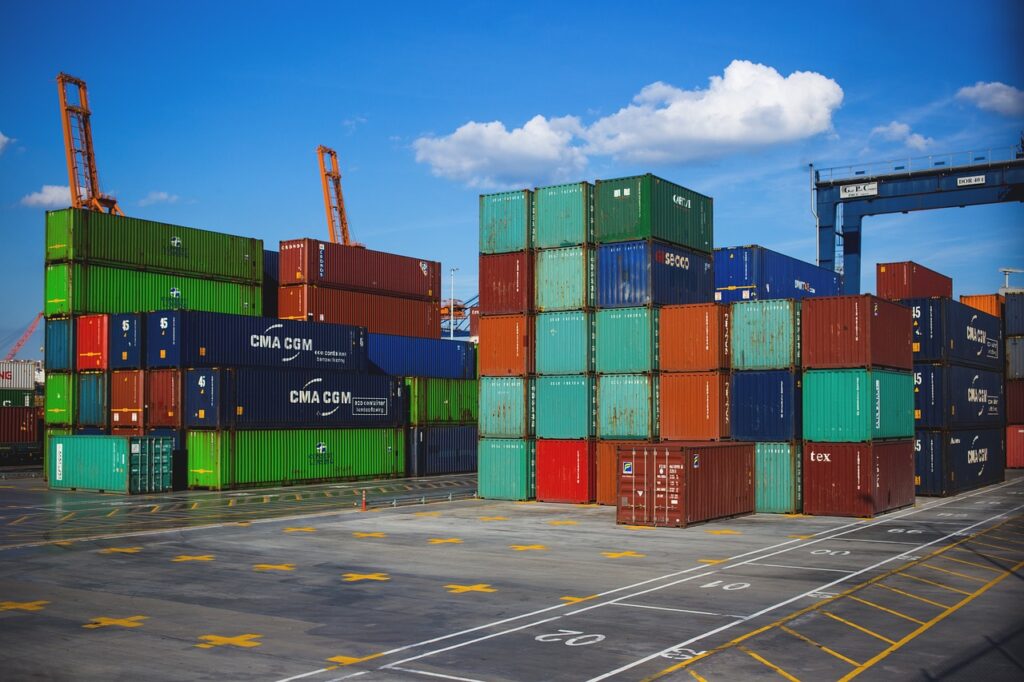FDA imports refer to products brought into the United States that must comply with the Food and Drug Administration’s regulations. These products include food, pharmaceuticals, medical devices, and cosmetics. The FDA ensures that imported goods meet U.S. safety, labeling, and quality standards before they reach consumers.
Importers are responsible for submitting necessary documentation and declaring shipments to the FDA. Any product that fails to meet these standards can be detained or refused entry. Understanding the FDA’s import process is crucial for businesses to avoid delays and penalties.
This article explores how the FDA oversees imports, the requirements importers must meet, and common challenges faced during the clearance process. It provides clear, practical information for those involved in importing regulated goods into the U.S.
FDA Imports Process Overview
The FDA import process involves specific regulatory standards, thorough documentation review, and detailed compliance checks. Every shipment must align with federal guidelines before entering U.S. markets. This ensures public safety and product integrity.
Regulatory Requirements
Importers must comply with the Federal Food, Drug, and Cosmetic Act, along with applicable FDA regulations. Products such as food, drugs, medical devices, cosmetics, and dietary supplements require pre-market approval or notification.
Registration with the FDA is mandatory for foreign facilities producing regulated products. Additionally, labeling must meet FDA standards to avoid misbranding. Certain items need prior notice submitted electronically to the FDA through the Prior Notice System Interface (PNSI).
Failure to meet these requirements can result in import refusals or delays. Importers must also adhere to customs and tariff rules enforced by U.S. Customs and Border Protection (CBP).
Entry Review and Documentation
All shipments require an official entry filing with CBP and FDA notification. Importers or their agents must submit accurate entry documents including the bill of lading, invoices, packing lists, and the FDA’s Prior Notice.
The FDA uses these documents to assess the shipment against legal criteria and product standards. Errors or omissions can trigger holds or refusals. Importers are encouraged to maintain precise and timely records to facilitate smooth inspections.
Electronic submissions and automated systems expedite this review. The FDA collaborates closely with CBP to coordinate inspections and clearance decisions at the port of entry.
Compliance Verification
Upon arrival, the FDA may physically inspect or sample shipments to verify compliance. Laboratory testing can be conducted to check for contaminants, potency, or authenticity. The agency prioritizes high-risk or non-compliant products for inspection.
If violations are detected, the FDA issues import alerts or detentions barring the product from entry until issues are resolved. Firms must respond promptly to prevent further enforcement actions or recalls.
Record keeping and traceability are critical during verification. The FDA also monitors adverse event reports linked to imported products, reinforcing post-entry surveillance.
Common Challenges and Best Practices
Importers face regulatory hurdles that require careful attention to documentation and product compliance. Avoiding costly delays and refusals depends on understanding FDA requirements and maintaining strict standards.
Dealing With Import Refusals
Import refusals often occur due to non-compliance with FDA regulations. Common causes include incomplete paperwork, product contamination, or failure to meet safety standards. When a shipment is refused, importers must respond promptly to avoid further costs or destruction of goods.
To address refusals, importers should:
- Review the FDA notice carefully to identify the exact issue
- Correct errors in documentation or product quality
- Submit a response within the specified timeframe
- Consider working with a customs broker or legal expert for complex cases
Maintaining accurate records and pre-screening shipments can reduce the risk of refusal significantly.
Ensuring Proper Labeling
Proper labeling is critical for FDA import compliance. Labels must include ingredient lists, nutrition facts, manufacturer information, and any required warnings. Labels that are inaccurate, incomplete, or non-English can cause delays or refusals.
Key points for proper labeling include:
| Requirement | Description |
| Ingredient declaration | List all ingredients clearly |
| Nutrition facts panel | Must comply with FDA formatting |
| Language | English or bilingual, per regulations |
| Warning statements | Include allergen or hazard warnings |
Label reviews before shipment help prevent mislabeling issues. Importers should stay updated on labeling rule changes to ensure continuous compliance.
